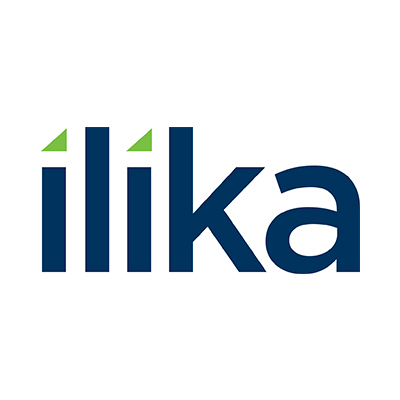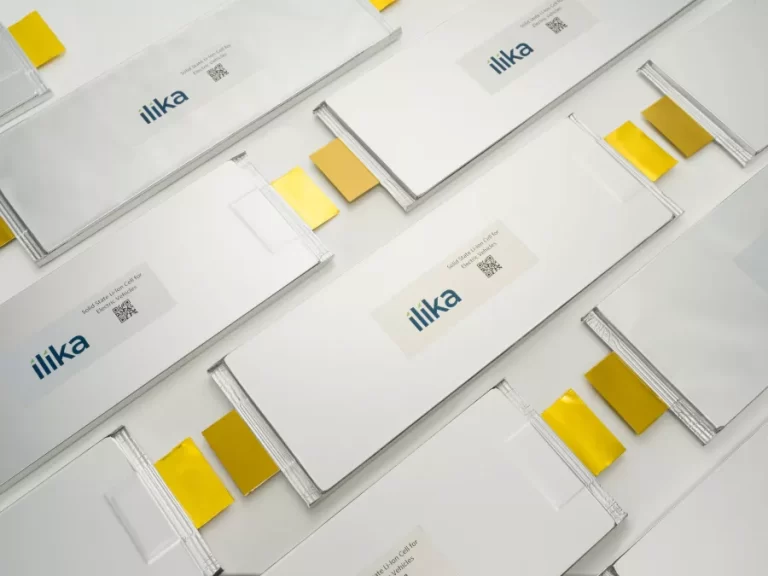In the era of ever-heavier electric vehicle packs, a ceramic revolution is unfolding behind the scenes, promising to rewrite the rules of capacity and safety. As manufacturers grapple with the limitations of conventional lithium-ion chemistry, a new contender is emerging that could upend long-standing assumptions about range, weight and thermal management.
Ilika’s Goliath platform abandons the flammable liquid electrolyte in favour of a solid oxide ceramic, marrying it with a silicon-rich anode to deliver a combination of safety and energy density that has so far eluded mainstream battery makers. By operating comfortably at higher temperatures, these cells simplify the architecture of battery management systems and shed excess cooling hardware, translating directly into more compact pack designs and lighter vehicles on the road. For investors accustomed to incremental tweaks in electrode formulations, this represents a leap rather than a step.
Progress through the development cycle has been methodical but decisive. Earlier this year, Ilika confirmed that its industrial-scale pilot of Goliath cells at the UK Battery Industrialisation Centre not only met but exceeded the laboratory yields established on its own pilot line, signalling that the transition from research benches to factory floors is proceeding without the usual drop-off in quality. The prototype batch of 10 amp-hour cells demonstrated robustness under rapid charge protocols, hinting at charge times that could begin to rival, or even outpace, some of the fastest lithium-ion systems today. While the initial focus is on proving out these fundamental metrics, the implications for vehicle designers are profound: a battery pack that can charge in minutes rather than hours opens up new use cases ranging from urban ride-shares to long-haul delivery fleets.
Behind the scenes, Ilika has secured a string of grants and partnerships aimed at derisking the scale-up challenge that has tripped up many would-be solid-state pioneers. A recent award of £1.25 million from the UK’s Advanced Propulsion Centre Demonstrate fund will underwrite the manufacturing of the first Goliath A-Sample prototypes, while collaborations with HSSMI and Comau are validating the compatibility of established high-throughput production equipment with ceramic cell chemistries. These alliances suggest that rather than inventing entirely new factory blueprints, Ilika’s materials can slot into existing lines with targeted modifications, an important consideration for original equipment manufacturers wary of sunk-cost risks.
The technical milestones have been accompanied by a deliberate engagement with prospective lead partners. Ilika’s consortium model gives early-stage adopters the opportunity to influence cell specifications and secure physical prototypes for integration trials, effectively sharing the burden of engineering validation. This approach reflects a departure from the top-down licensing models favoured by some incumbents, and positions Ilika as a collaborator keen to tailor its solid-state architecture to the nuanced demands of different vehicle segments, from high-performance sportscar derivatives to mainstream passenger models.
Field tests are now underway with 50 amp-hour prototypes that anticipate the next milestone freeze in design parameters, expected before the year is out. Early indications suggest that a battery pack based on Goliath technology could shed more than a hundred kilograms compared with a typical SUV-sized lithium-ion assembly of equivalent capacity. Beyond sheer weight savings, the higher cell-to-pack ratio achievable with solid-state cells means that every kilogram retained contributes directly to usable range rather than bulk. For fleet operators, that could translate into more revenue-producing miles per charge and lower total cost of ownership over the vehicle lifecycle.
Safety credentials also stand out. The ceramic electrolyte is inherently non-flammable and more tolerant of mechanical abuse, potentially eliminating the need for elaborate thermal run-away mitigation systems that add both cost and complexity. This intrinsic robustness not only eases regulatory hurdles but also resonates with end-users in sectors where downtime and warranty claims carry a premium financial impact. In effect, Ilika’s solid-state solution reframes battery design around resilience as much as raw energy metrics.
Looking ahead, Ilika intends to licence its Goliath technology rather than compete in consumer vehicle manufacturing, leveraging its lead partner programme to seed multiple gigafactory projects across Europe and beyond. By focusing on materials innovation and process compatibility, rather than asset-heavy cell plants, the company can scale more nimbly and capture licensing fees, royalties and long-term material supply agreements.
Ilika plc (LON:IKA) is a pioneer in solid state battery technology enabling solutions for applications in Industrial IoT, MedTech, Electric Vehicles and Consumer Electronics.







































